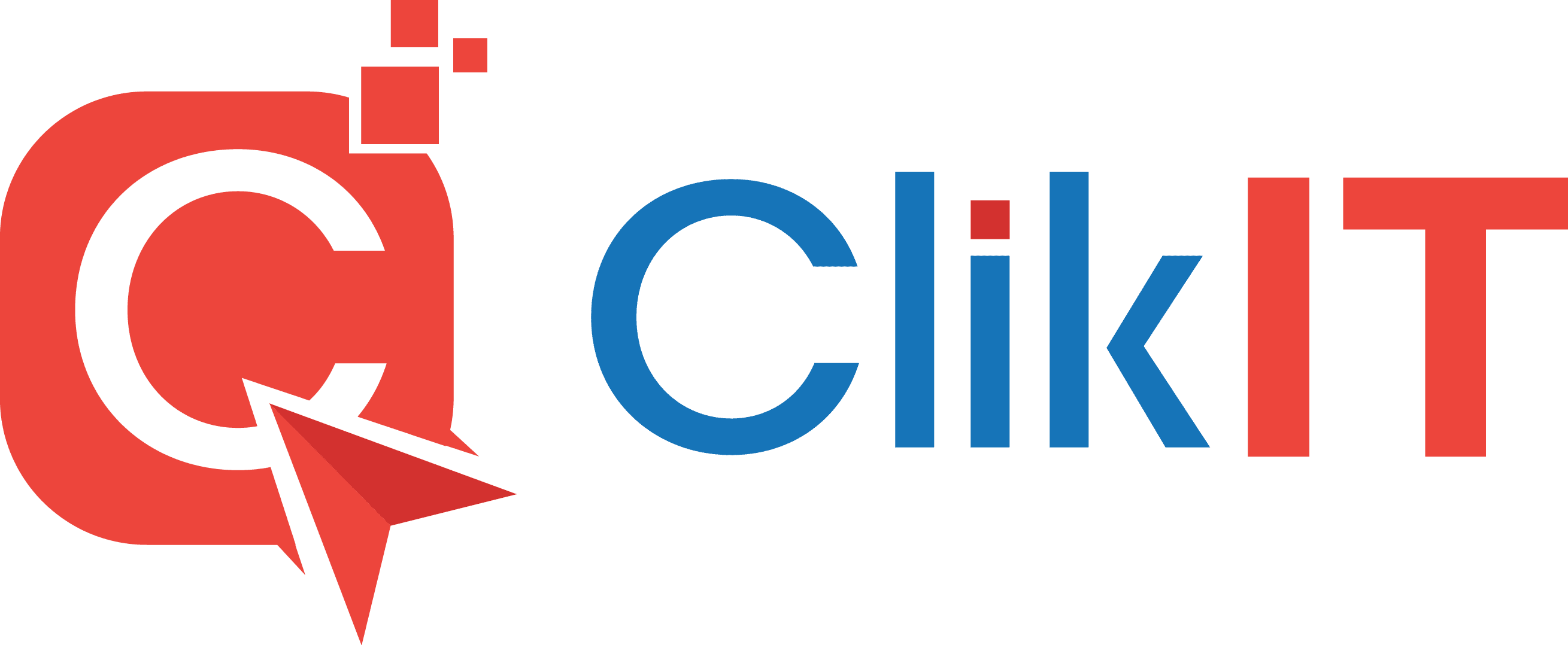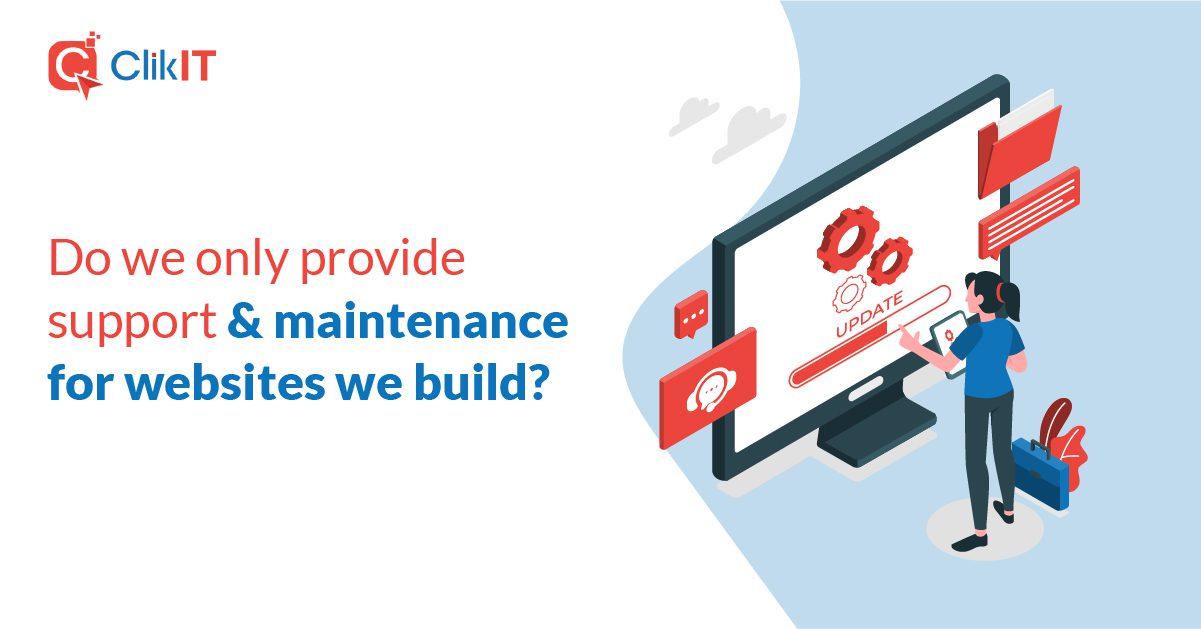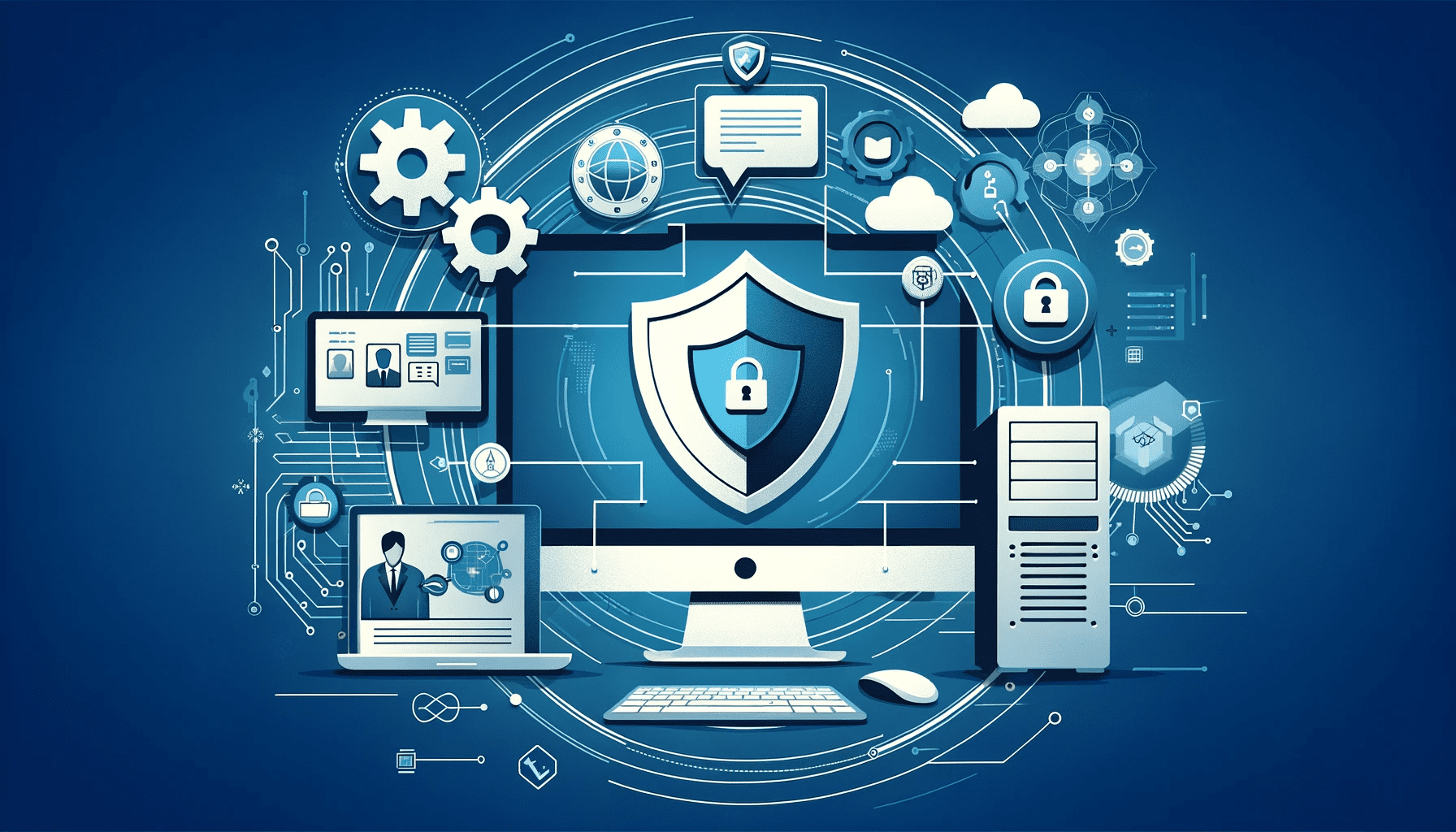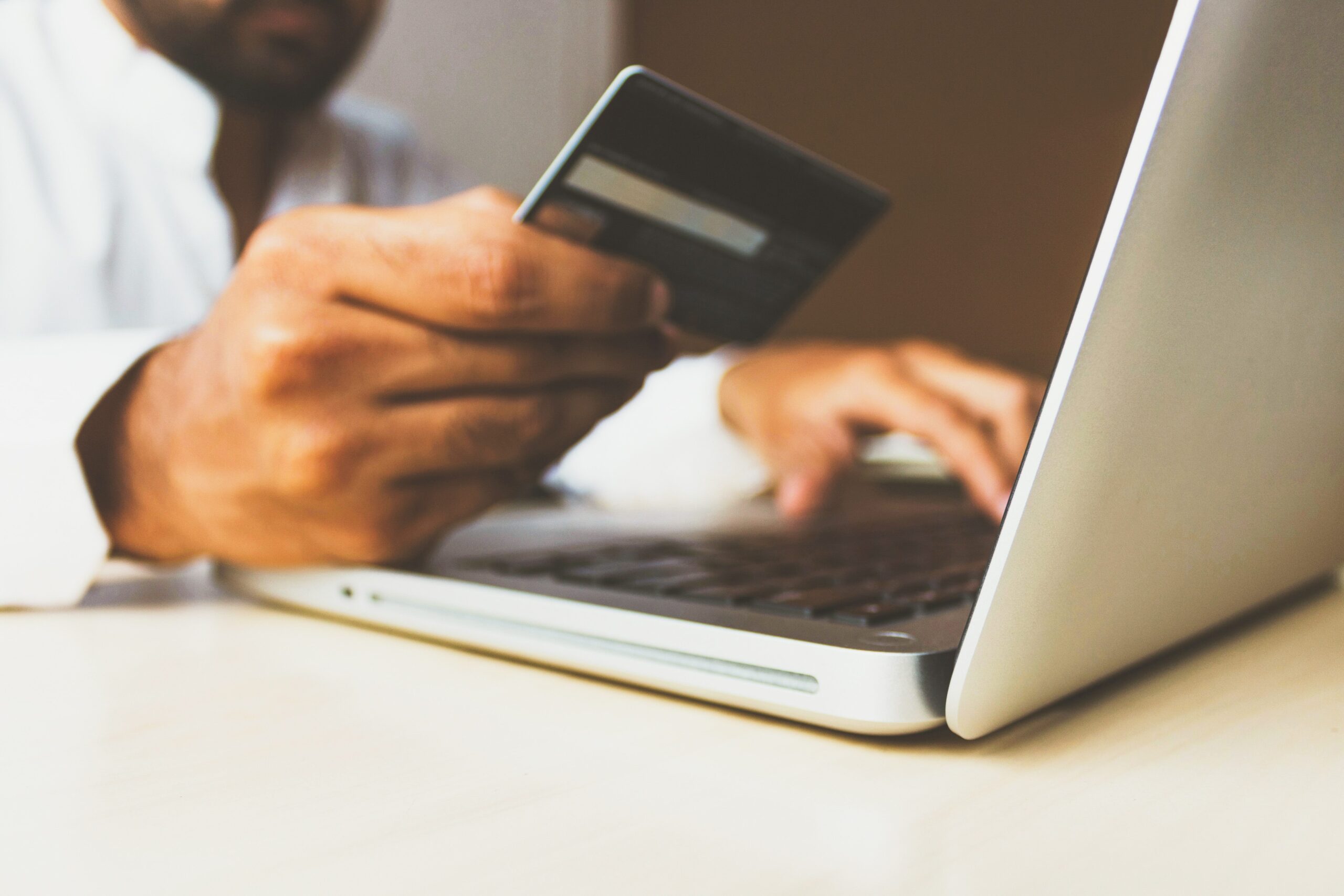A VPN is one of the best ways online to secure your internet connection. A VPN stands for Virtual Private Network. A VPN used to be recommended for places like coffeeshops and airports, but now is useful in your daily browsing life.
1. Public Wi-Fi security
First and foremost, the main and longest reason people use VPN’s. Many places offer free Wi-Fi access, including schools, hotels, libraries, airports and coffee shops to name a few. It is a common scenario to use these places to check your email, which requires your password and other sensitive data to be transmitted.
Unfortunately, it is not particularly difficult to intercept this wireless network traffic. At home, routers have a password, and use encryption protocols (like WPA2) to keep traffic secure. However, public wireless hotspots give completely open access to all and sundry, and either use a shared password, or no password at all in many cases. And software like Wireshark can “sniff” out the network information from your computer to the router to steal your information.
When you’re using such an insecure Wi-Fi network, it’s a good idea to use a VPN so your traffic is encrypted, meaning that even if it is intercepted, your data will be scrambled.
2. Privacy of website info gathering
There are an unfathomable amount of websites out there, and they all need to produce an income to keep the lights on. One of the most common methods of generating revenue is to use adverts, but unlike the ads that are on TV, internet advertisements are often targeted directly at the user (via their IP address).
You’ll probably have noticed that if you search for something on a retailer like Amazon, when you visit subsequent websites, you’ll see ads which are promoting similar products to the one you just searched for.
If this type of tracking of users concerns you (and it should), a good counter-measure to use a VPN, which keeps your true IP hidden and effectively side-steps this kind of nonsense.
3. Streaming blocked content
Geo-blocking (also known as geo-restriction) refers to when internet content is blocked based on a user’s location. This is often done in the case of TV shows or movies, so for example, access to iPlayer is blocked for those outside of the UK.
However, there are times when this can be a real thorn in the side, such as when you travel abroad and are unable to view the latest instalment of the series you’re watching on Netflix because it’s geo-blocked.
A VPN with servers located in the appropriate country can solve the issue, and consider these locations based on anticipated usage when choosing a VPN provider. Not sure which provider to choose, then our guide to the best Netflix VPN, BBC iPlayer VPN or overall best streaming VPN will see you straight.
4. Bypass traffic shaping
Traffic shaping (aka: packet shaping) is when internet traffic gets analyzed and then is processed so it conforms to a certain pattern. While that hardly sounds nefarious, traffic shaping is often done by ISPs to ensure a certain level of performance and quality, and the rate at which the packets get released may be adjusted to maintain a steady flow.
A related technology is traffic policing. Here, if the rate of traffic flow exceeds a limit, some packets will literally be discarded. Traffic shaping and traffic policing are not mutually exclusive, and are often used together for bandwidth throttling, in order to limit what a user streams or downloads. With a VPN, the traffic is encrypted, so that it defies this type of analysis, and any speed throttling is therefore avoided.
5. Beat the hackers
You may be aware that a firewall is designed to keep malicious attackers off your home network, and is located on your router (of course, you can also get software firewalls, which protect just the host device).
These hackers find your network from your IP address. As a VPN connects you to a server off-site, and assigns you a different IP address, any attack will therefore be directed against the VPN server, and not your home network. Hence the VPN is effectively an additional layer of defense from hackers and other malicious denizens of the internet.
6. Avoid the ISP
ISPs are increasingly interested in tracking their subscribers, as we’ve seen with the growing controversy in recent times over in the US. The benign example of what they do with any tracked data, namely targeting advertising, is more than enough reason for users to seek anonymity.
However, any previous concerns have become far graver now that ISPs are permitted to sell user data – like your surfing history, location data or app usage – to third-parties over in the States.
Whatever level of tracking you’re afraid of, a VPN solution installed on all your devices – including mobile VPN apps – is a reasonable defense against such invasions of privacy.
7. Accessing your home network
Odds are that your primary desktop computer is at home, complete with a diverse collection of files and data on it, for work, personal and entertainment purposes. You might even have a NAS setup with a ton more files on it.
Whatever the case, you may want to set up remote access to your PC or NAS to get at all those files – but remember that to keep this access secure, a connection is best made using a VPN.
8. Ad Blocker
VPN’s now have the ability to block advertisements and act as a content filter. Many times, advertisements can cause rogue pop-up ads and download programs to your computer. That makes it run slower and put your computer at risk of hackers and data breaches. Also, on many VPN’s you can set what websites are/are not allowed to be used, making it perfect to restrict content that you don’t want your child or guests to view on your network.
Are you interested in setting up a VPN to use? ClikIT can set up a VPN for you on your phone, computer, or even on your router! Browse online today!




